Celebrating Ugadi
Many households continue to celebrate Ugadi in the traditional manner.
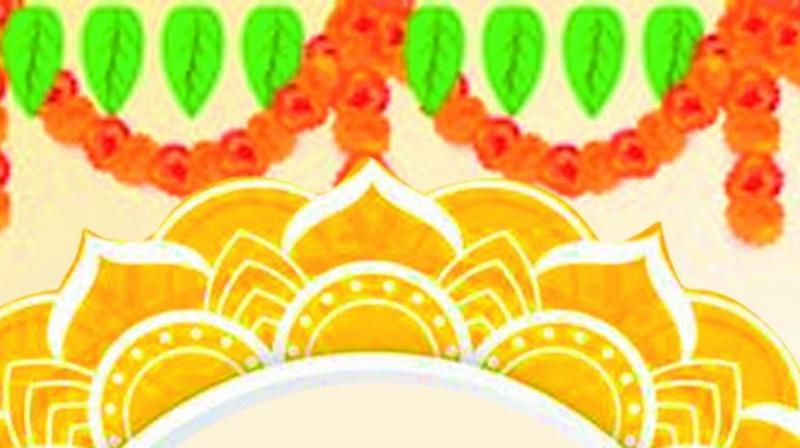
Ugadi marks the start of a new year as per the lunar calendar and like all Indian festivals, is full of cultural significance and traditions such as decorating the entrances of homes with flowers and rangoli, making the trademark Ugadi pacchadi and other delicacies, reading the almanac and wearing traditional attire to mark the day.
For people belonging to the Telugu and Kannada communities, preparations for Ugadi or the Lunar new year’s day begin up to a week in advance.
Read | For youngsters, it’s just another holiday
Decorating the main entrance with beautiful rangoli, tying fresh mango leaves and a thoran with marigold or similar flowers is considered an auspicious start to the new year. Many believe that tying green mango leaves to the doorway signifies a good crop and promotes general well-being.
City folks talk about how important it is to celebrate our traditions and festivals.
 Rupa Vaitla
Rupa Vaitla
Take our cultural legacy forward
Every festival has its own significance which has been passed down from generations together and they all have a story to tell. This is what makes us and our families grow stronger and closer. It’s essential that we teach our children the importance of every festivity as they are the ones to take our cultural legacies forward.
— Rupa Vaitla, entrepreneur
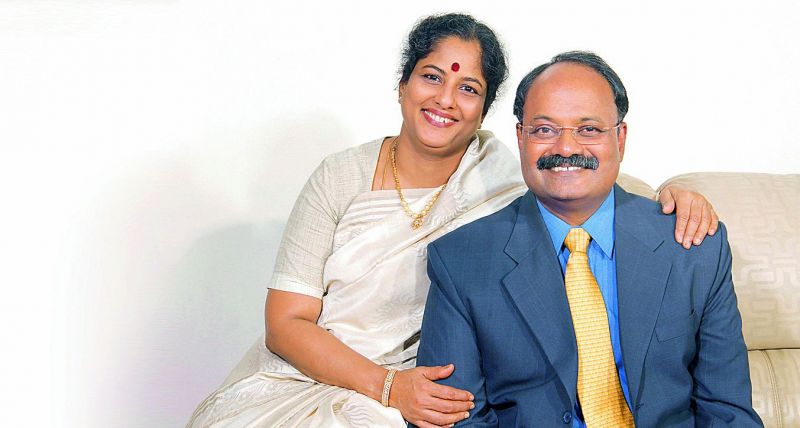 Dr Sashikala Kola (left)
Dr Sashikala Kola (left)
Teaches values of life
Ugadi starts on an auspicious note with the Koyal ushering in spring. Further, the Ugadi pacchadi that we make and eat reminds us that life is a mixture of different flavours and we need to experience each one of them with equanimity. It’s a great way to teach our next generation the meaningful values of life. It also helps youngsters to connect with nature and reminds all of us that we are ultimately part of the universe.
— Dr Sashikala Kola, gynaecologist
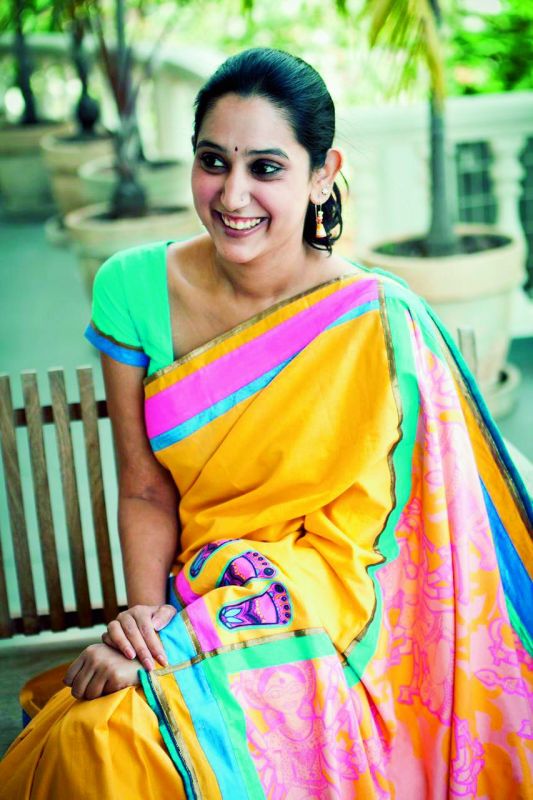 G.V. Sanjana Reddy
G.V. Sanjana Reddy
Bring out your saris
Our festivals give us an opportunity to spend time with our families, dress up and do things that are specific to the festival like making Ugadi pacchadi, lighting diyas for Diwali or lighting a Boghi fire during Sankranti. Sadly, traditional attire is only worn during festivals and ceremonies these days. I got involved with handlooms because I grew up with them and my mother’s cupboard was filled with them. I worked on an Ikkat museum in Pochampally and even had a store with contemporary Indian crafts. I also try to wear handloom as much as possible. With all this awareness about sustainable clothing, it’s nice to see handlooms in the spotlight. Unfortunately, saris are only brought out during festivals and events, that too only silks and fancy ones. There is so much joy in wearing simple cottons. But now, people my age are wearing them more often and styling them differently too. It’s nice to see the sari coming back into everyday life.”
— G.V. Sanjana Reddy, Creative Director, F&B, Green Park Hotels & Resorts
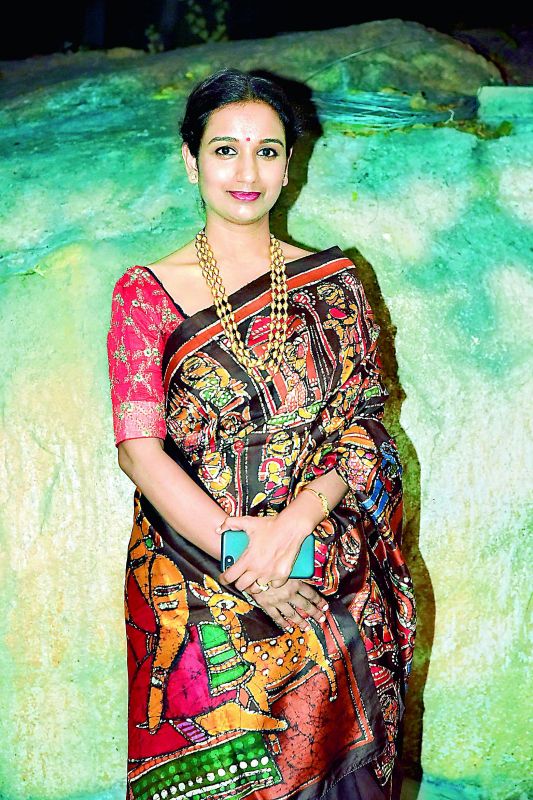 Yamini Reddy
Yamini Reddy
Knowledge of festivals essential
A lot of our festivals are celebrated as per our Indian calendar and seasonal cycles. Ugadi comes around the beginning of spring, symbolising a new beginning. This festival is prominently celebrated in AP, Telangana, and Karnataka, but not many know its true essence. No matter how busy we are, we must understand the meaning and significance of the festivals.
— Yamini Reddy, Kuchipudi danseuse
 V N P Srikar Gannavarapu
V N P Srikar Gannavarapu
Celebrations are a must
I really look forward to Ugadi each year. When we talk about festivals, it’s not just about the rituals and pooja, but also family, cousins, friends, food and a lot of fun. We must celebrate these festivals with the same spirit as they used to be back in the day. According to Telugu customs, it is the first day of the year and just like we celebrate the Gregorian New Year (January 1), we should celebrate this too.
— V N P Srikar Gannavarapu, tax professional
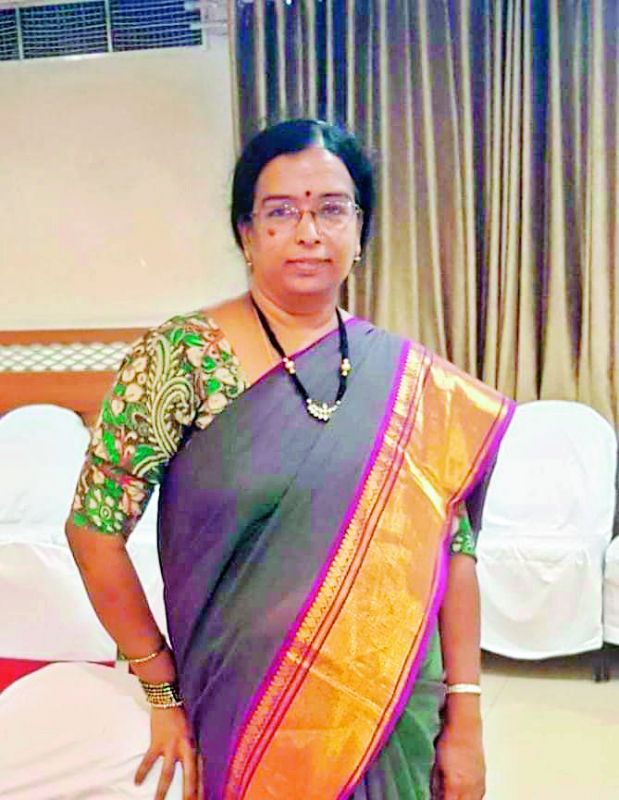 Jyothivalaboju
Jyothivalaboju
Traditional delicacies and customs
Ugadi is not just about having a puja, but many special delicacies are made — pacchadi, bhakshalu or bobbatlu or polelu, mamidi pulihora and mamidikaya pacchadi. Ugadi pacchadi is a special delicacy — made of new jaggery, raw mango pieces, neem flowers and new tamarind which truly reflect life — a combination of six different tastes (sweet, sour, spicy or pungent, salty, astringent and bitter) symbolising the fact that life is a mixture of different experiences too. Ugadi is a day when mantras are chanted and predictions are made.
— Jyothivalaboju, author, cookery expert

